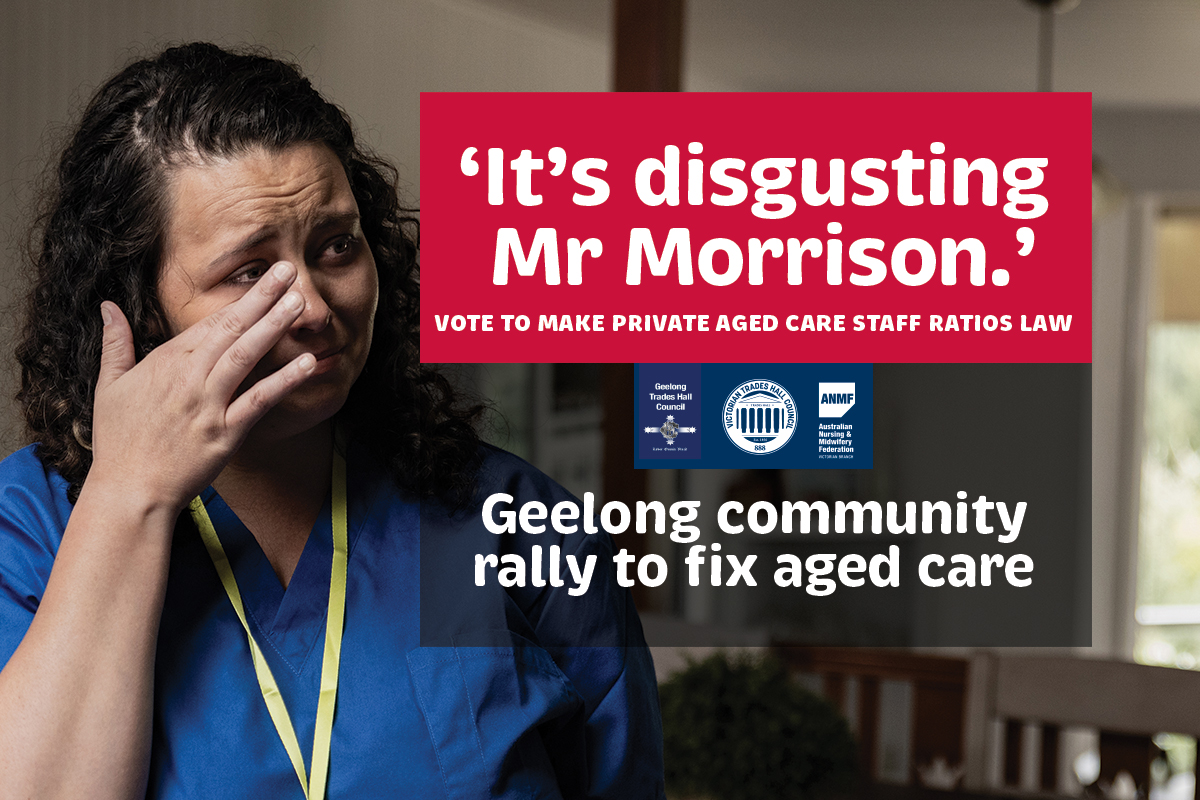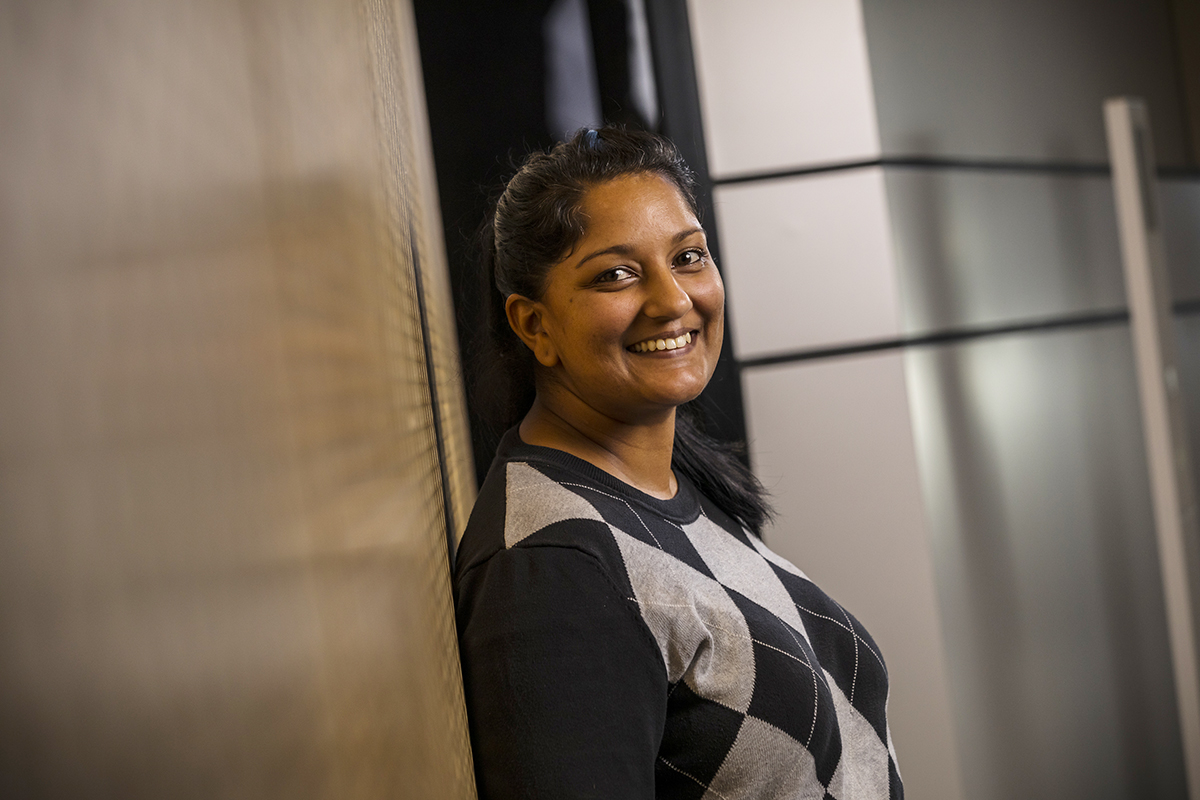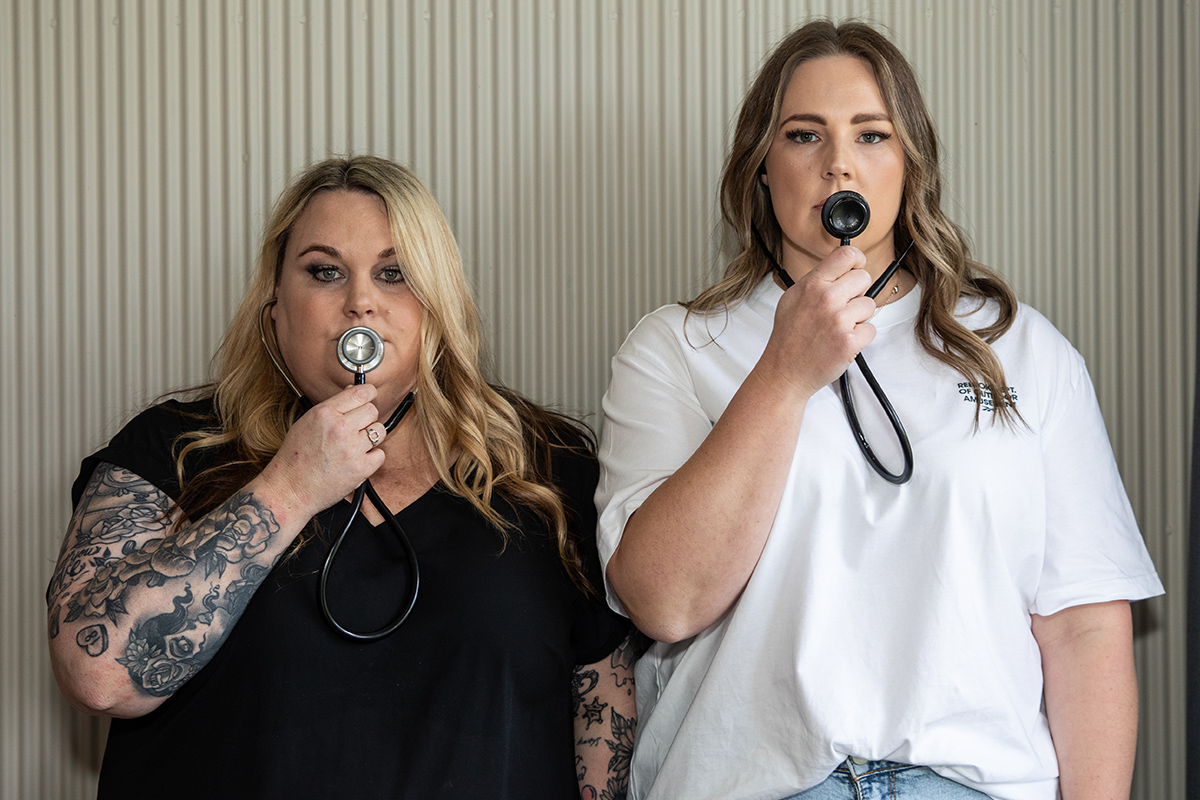
Vikki Patten in her garden.
When environmentalists Vikki Patten and her husband Trent were married on their Flowerdale property only months after the 2009 Black Saturday bushfires, the reception was a bush regeneration exercise as well as a celebration.
The wedding guests planted 2000 trees on the scorched and barren ridge surrounding the couple’s property. The couple was fortunate: Trent had managed to save the house he had built 15 years ago, while about 200 of the town’s homes burnt to the ground.
As an environmentalist and resident of a bushfire-prone region, Ms Patten understands that extreme weather events are becoming more frequent as a result of climate change. And as a registered nurse working in aged care in nearby Whittlesea, she saw new clients come into care as a result of the fires.
While the Pattens had been environmentalists for many years prior to Black Saturday, the fires brought the rationale for living sustainably literally close to home. Being an environmentalist and a nurse are inextricably linked, Ms Patten believes.
‘I think it’s akin to caring about a species of animal without caring about its habitat,’ Ms Patten said. ‘Part and parcel of caring about humanity is caring about (our habitat’s) longevity.’
While the need for infection control in healthcare environments may inhibit some recycling and other sustainable practices, there are many ways that nurses and midwives can reduce their environmental footprint.
‘We do produce a lot of waste in the healthcare industry. Having said that, if we are looking at sustainability in our personal lives as much as we can and trying to get it right as much as we can, I think that does a lot to offset the waste we produce at work,’ Ms Patten said.
Ms Patten, her husband and their three-year-old son live ‘off the grid’, with solar-generated electricity, solar-heated hot water and a composting toilet. While
Ms Patten acknowledges that not everyone can, or wants to, live as they do, simple actions like choosing toilet paper made from recycled paper can make a huge difference, especially if taken up by the entire nursing workforce.
There is also the incentive for healthcare organisations to save money through sustainable practices such as reducing paper use.
‘I’d love to see all healthcare facilities commit to using ethical paper,’ Ms Patten said. ‘For most of our commercial copy paper, the pulp is from the Central Highlands.’
The Patten household is actively involved in campaigning to save the forest of the Central Highlands and its animals, including the endangered Leadbeater’s possum. Mindful that only 1.5 per cent of the original forest remains, the Pattens’ efforts are trying to both save trees and replace trees lost to logging and fire.
On this front, they have been helped not only by their wedding guests but by the Deakin University environment club, who the Pattens enticed with the offer of free beer left over from their wedding for a weekend of tree-planting.
Ms Patten studied nursing at Deakin when she was in her 30s, as a single parent with four children from a previous marriage. Indeed it was the need to mind the family’s budget that drove her to sustainable practices in the first place.
On a day-to-day level the Pattens aim to tread as lightly on the earth as possible, being mindful of what they buy, growing food in their own garden and orchard, and keeping chickens for the eggs and garden pest control.




